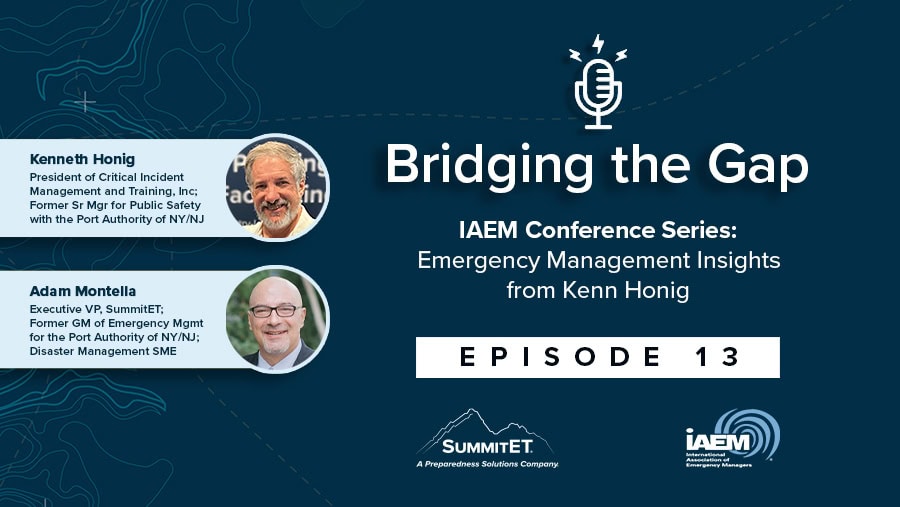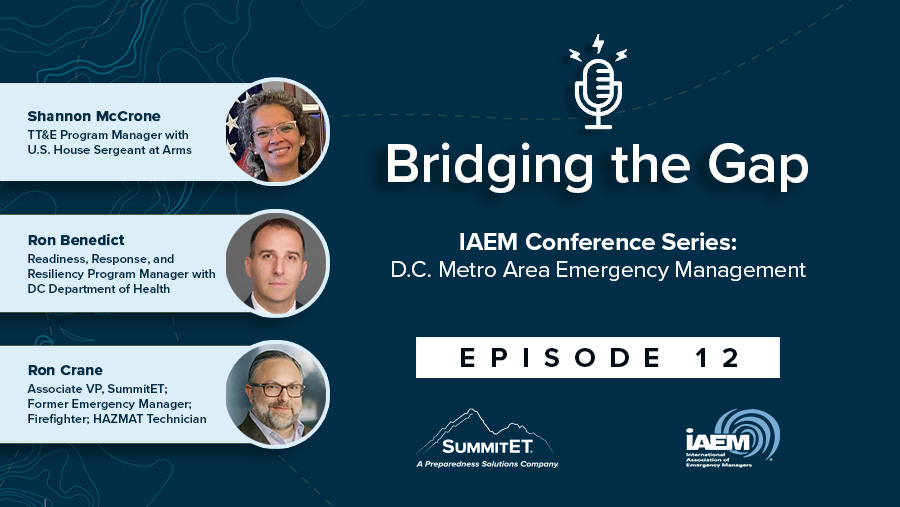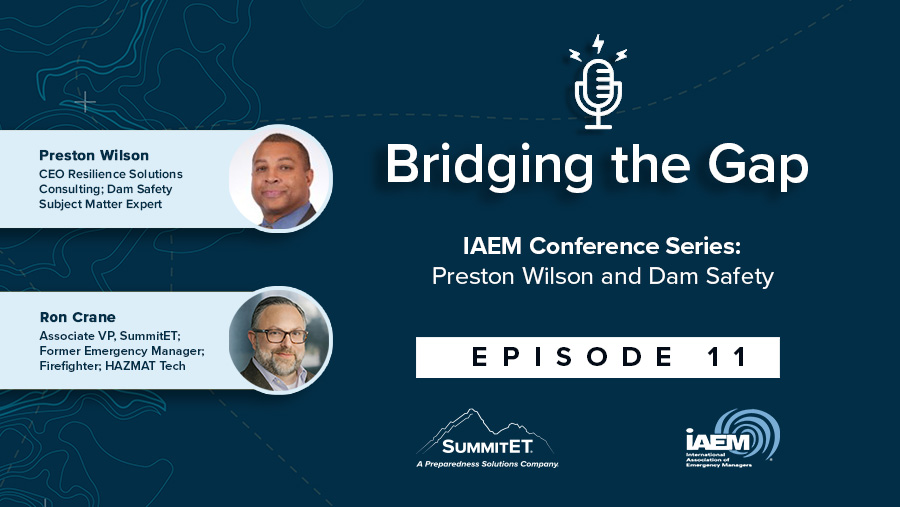Open, accurate, and consistent communication is one of the most important parts of an effective crisis response. Maintaining trust, particularly during a crisis when information is fluid and oftentimes contradictory, is critical. In order to address these concerns and maintain trust, research has shown communicators must prepare people for changes.
Without clear signals why policies might be changing, public trust in official institutions may be reduced. With a new and changing situation, communicators must prepare people for contradictions. As an example, by caveating statements with phrases such as “based on current trends,” or “based on what we know now,” their audiences can sense the information being provided is fluid and may change as new information becomes available.
Changing policies and date-driven information during a pandemic crisis should not be a big surprise. New information comes in daily and organizations are working to incorporate this new information into guidelines and key messages. However, these changes in messaging can reduce credibility, lower trust, and create confusion if organizations do not prepare people for changes. Public trust can be maintained if change is not due to intentional deception, but rather a changing landscape of new information. However, we must openly, clearly, and consistently remind people information may change.
Communicate Openly, Often & Repeatedly
We must also communicate openly, honestly, and often during a crisis. It’s important to develop effective key messages and to bolster them with good supporting information. The key messages serve as an anchor to which other messages are tethered, and they need to be repeated throughout the crisis. Messages should be crafted so that they are informative and helpful for people to gain a better understanding of the situation. For information that is needed, but not yet available, you should let people know that you are working to find the answers to their questions. Communicators must tell people what is known and what is not known. What is not known should be followed by communicating what steps will be taken in order to find answers to the unknowns.
Being Silent
It’s also important to remember that silence is not golden. If you are silent, it can:
-
Be seen as an indifference or as an affirmation of wrongdoing
-
Allows critics, opportunists, and news media to define the crisis, your motives, and your actions
-
Challenges and invites critics and opportunists to rally public opinion against you
Trust is difficult to regain
Research conducted by Dr. Vincent Covello shows that it takes as long as two years to regain trust. We must make smart choices quickly to maintain trust as the crisis continues to play out and evolve. If we are unable to make smart choices and implement those choices, then there is great potential trust will fall or we may lose it altogether.
If you remember one thing, make it this: trust is hard to regain. If we can make smart choices quickly, always provide truthful information, and acknowledge information will change as circumstances change, we can maintain trust throughout the crisis. Ultimately, when it comes to maintaining trust, honesty is always the best policy – even if that means telling people something they do not want to hear.
Want to learn more about creating a strategic communications plan? If your organization would like further information on message maps or would like to receive a free crisis communication assessment to develop a crisis communications plan, please contact our experts at info@summitet.com or https://summitet.com/contact-us.
Our Strategic Communication team stands at the ready to forecast cascading threats and develop public communication strategies to influence behavior, build confidence, and maintain the public trust.
Upcoming Virtual Interactive Workshops
SummitET® is recognized by SHRM and offers Professional Development Credits (PDCs) for SHRM-CP® or SHRM-SCP®. For more information about certification or recertification, please visit www.shrmcertification.org.
No Results Found
The page you requested could not be found. Try refining your search, or use the navigation above to locate the post.




